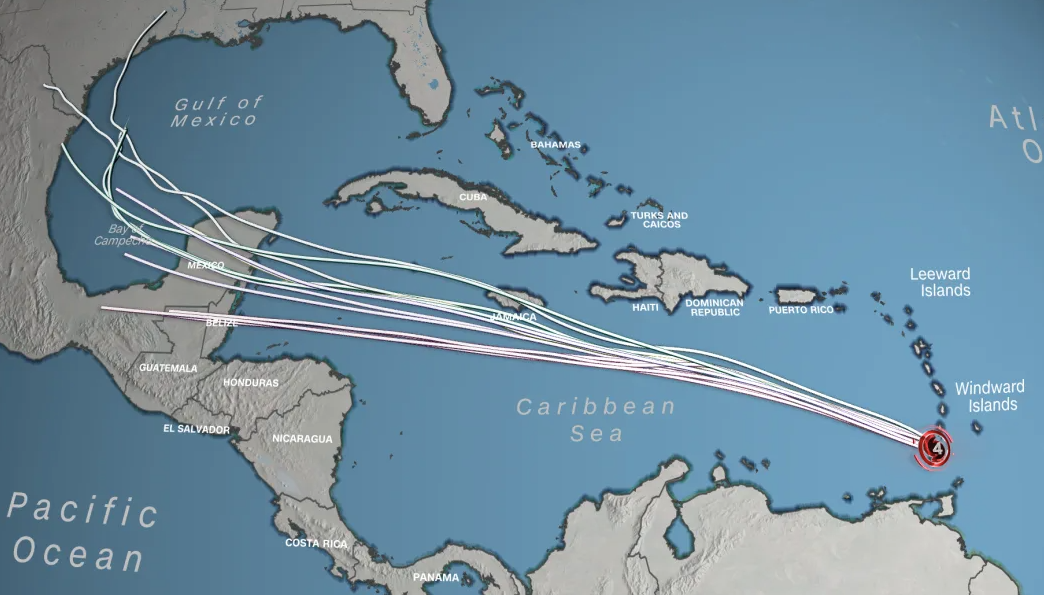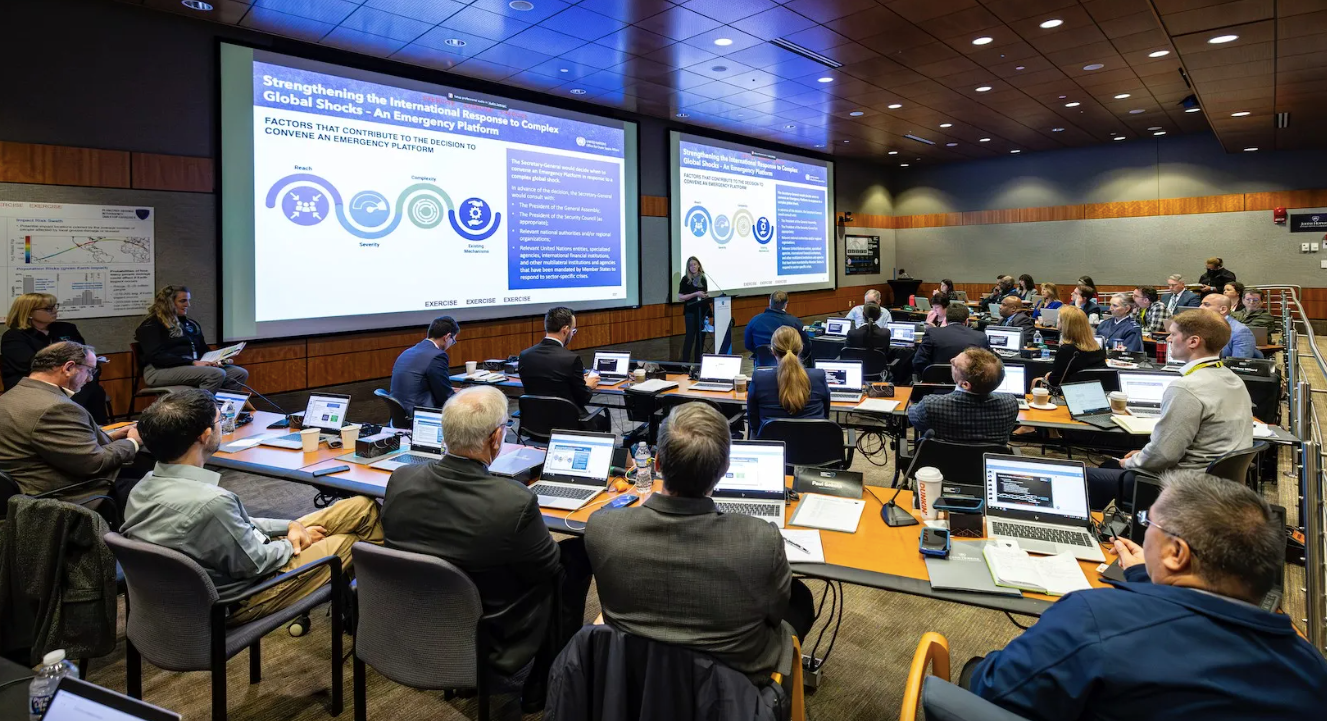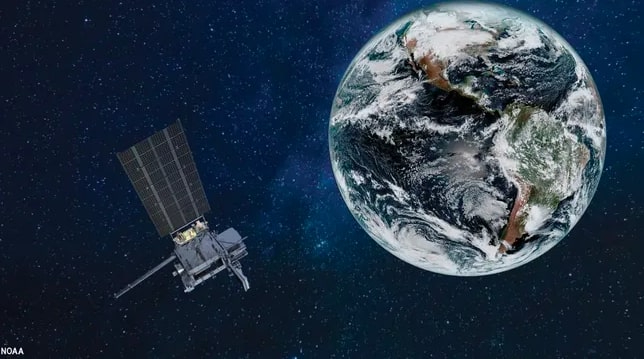Scientists around the world

Image: Talladega Nights (2006); Columbia Pictures
The median home-internet download speed in the US is currently ~248 megabits per second (Mbps). But work being done by researchers could soon pump those rookie numbers up.
Within the past year, the world has seen two major internet speed breakthroughs:
- October 2023: Japanese researchers successfully transferred data at 22.9 petabits per second – or enough bandwidth to supply every single person on the planet, and then a couple billion more, with a Netflix stream, Chigo Okonkwo at Eindhoven University of Technology, who was involved in the work, told the BBC.
- March 2024: UK researchers figured out a way to transfer data at a rate of 301 million Mbps utilizing existing network infrastructure.
Why so fast? It’s hard to imagine what the average person would want with these types of speeds (you can only download so many episodes of The Bachelorette, after all). But scientists are like Top Gun pilots: they feel the need, the need for speed.
For example: Every time one tiny subatomic particle smashes into another during experiments at the Large Hadron Collider, the world’s most powerful particle accelerator, the impact generates about one petabit per second worth of data – equivalent to ~500 billion pages of standard printed text (per👏second👏).
- This is condensed for storage and study, but still requires hefty amounts of bandwidth. And these speed needs will only go up.
🌐📈 Looking ahead... Some of the breakthroughs by the Ricky Bobbys of the science world will trickle down to us normies – the World Broadband Association expects home broadband connections to reach up to 50 gigabits per second (50,000 Mbps) sometime around 2030.
Share this!
Recent Science & Emerging Tech stories

Science & Emerging Tech
| July 2, 2024Beryl marks a warning sign for this year’s hurricane season
🌀 Hurricane Beryl, which has shattered records for intensification and strength at this time of year, is validating weather forecasters’ worst-case scenarios for the 2024 hurricane season.

Science & Emerging Tech
| June 28, 2024Inside NASA’s preparations for a “Don’t Look Up” scenario

Science & Emerging Tech
| June 25, 2024A next-gen US satellite is poised to revolutionize weather forecasts
🛰️ NASA is preparing to launch a new weather Nostradamus of sorts later today, in the form of a high-tech satellite created by the National Oceanic and Atmospheric Administration (NOAA).
You've made it this far...
Let's make our relationship official, no 💍 or elaborate proposal required. Learn and stay entertained, for free.👇
All of our news is 100% free and you can unsubscribe anytime; the quiz takes ~10 seconds to complete